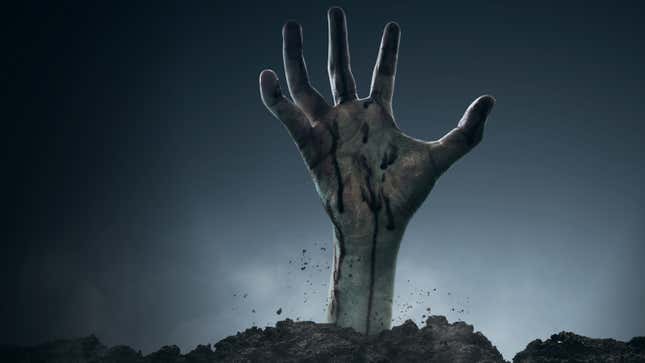The Undying Zombie of a Lie that Anonymity for Men Accused of Rape is 'Fair'
Latest

A pair of British celebrities have introduced a petition calling on parliament to grant anonymity to those accused of rape until they are charged. On Monday, the British pop singer Cliff Richard and broadcaster Paul Gambaccini held a media-packed event announcing the petition. Both men were previously accused of sex crimes, but the cases were ultimately dropped and they allege reputational damage from the surrounding press coverage. Now they are calling for a “re-balancing of the legal system” while forwarding unsourced claims about a “false allegation crisis.”
The argument around extending anonymity to the accused in sex crime allegations has been revisited several times now in the United Kingdom. The very same pair of men, along with parliamentary member Nigel Evans, in 2016 launched an unsuccessful anonymity campaign. (Please do behold this pic of the trio posing with their hands in “go team” mode.) These pushes are invariably premised on the concept of fairness, owing to the fact that accusers in sex crime cases are already legally granted anonymity. In fact, the group behind this latest petition is Falsely Accused Individuals for Reform, or FAIR.
Never mind that accusers are granted anonymity for reasons of fairness—most notably because revealing their identities would drastically discourage already minimal levels of rape reporting.
-

-

-

-

-

-

-

-

-

-

-

-

-

-

-

-

-

-

-

-

-

-

-

-

-

-

-

-

-

-

-

-

-

-

-

-

-

-

-

-








































